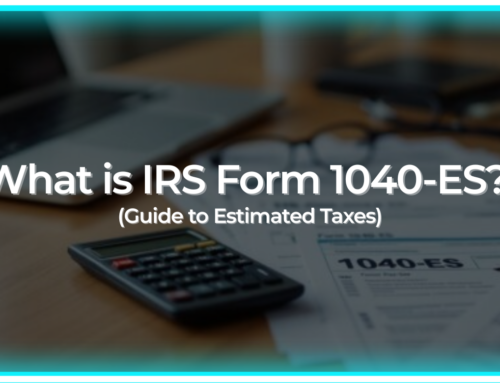Hi everyone, I’m Bette Hochberger, CPA, CGMA. For today’s blog, I’ll be discussing the key distinctions, advantages, and considerations of DBAs and LLCs to help you make an informed decision for your business entity.
When it comes to establishing your business structure, the choice between a DBA (Doing Business As) and an LLC (Limited Liability Company) can significantly impact your operations, liability, and tax obligations. Understanding the differences between these two entities is crucial for entrepreneurs and business owners.
Understanding DBA (Doing Business As) as a Business Entity
A DBA, also known as a “fictitious name” or “trade name,” allows individuals or entities to operate under a name different from their legal name. It is often used by sole proprietors and partnerships to conduct business under a catchy or memorable name without forming a separate legal entity.
Registering a DBA typically involves filing a “Doing Business As” or “Fictitious Name” certificate with the appropriate state or local government agency.
Exploring LLC (Limited Liability Company)
An LLC is a separate legal business entity that offers limited liability protection to its owners (referred to as members). Unlike a DBA, an LLC provides personal asset protection, meaning that the members’ personal assets are shielded from business liabilities.
LLCs also offer flexibility in management structure and taxation, allowing members to choose between pass-through taxation like a partnership or corporate taxation like a corporation.
Liability Protection
One of the most significant advantages of forming an LLC over operating as a DBA is the limited liability protection it provides. With an LLC, the personal assets of the members are generally protected from business debts, lawsuits, and other liabilities. In contrast, operating under a DBA does not offer this level of protection, exposing the owner’s personal assets to business risks. Understanding these differences is crucial when choosing your business entity.
Tax Considerations
Both DBAs and LLCs offer tax advantages, but the specifics vary depending on your business structure and circumstances. DBAs are typically taxed as sole proprietorships or partnerships, with income reported on the owner’s personal tax return.
LLCs, on the other hand, have flexibility in taxation, allowing members to choose between pass-through taxation or corporate taxation based on their preferences and financial goals.
Branding and Marketing
While a DBA allows businesses to operate under a chosen name, it does not provide exclusive rights to that name. In contrast, forming an LLC enables businesses to secure their brand identity and protect their name from use by others within the state where the LLC is registered. This can be valuable for branding, marketing, and establishing credibility with customers and clients.
Compliance Requirements
Both DBAs and LLCs have specific compliance requirements that must be met to maintain legal status and good standing. These requirements may include filing periodic reports, paying registration fees, and complying with state regulations. LLCs generally have more extensive compliance obligations compared to DBAs, but the benefits of limited liability and brand protection often outweigh the additional administrative burden.
I hope you all learned something new today. As always, stay safe, and I will see you next time.







